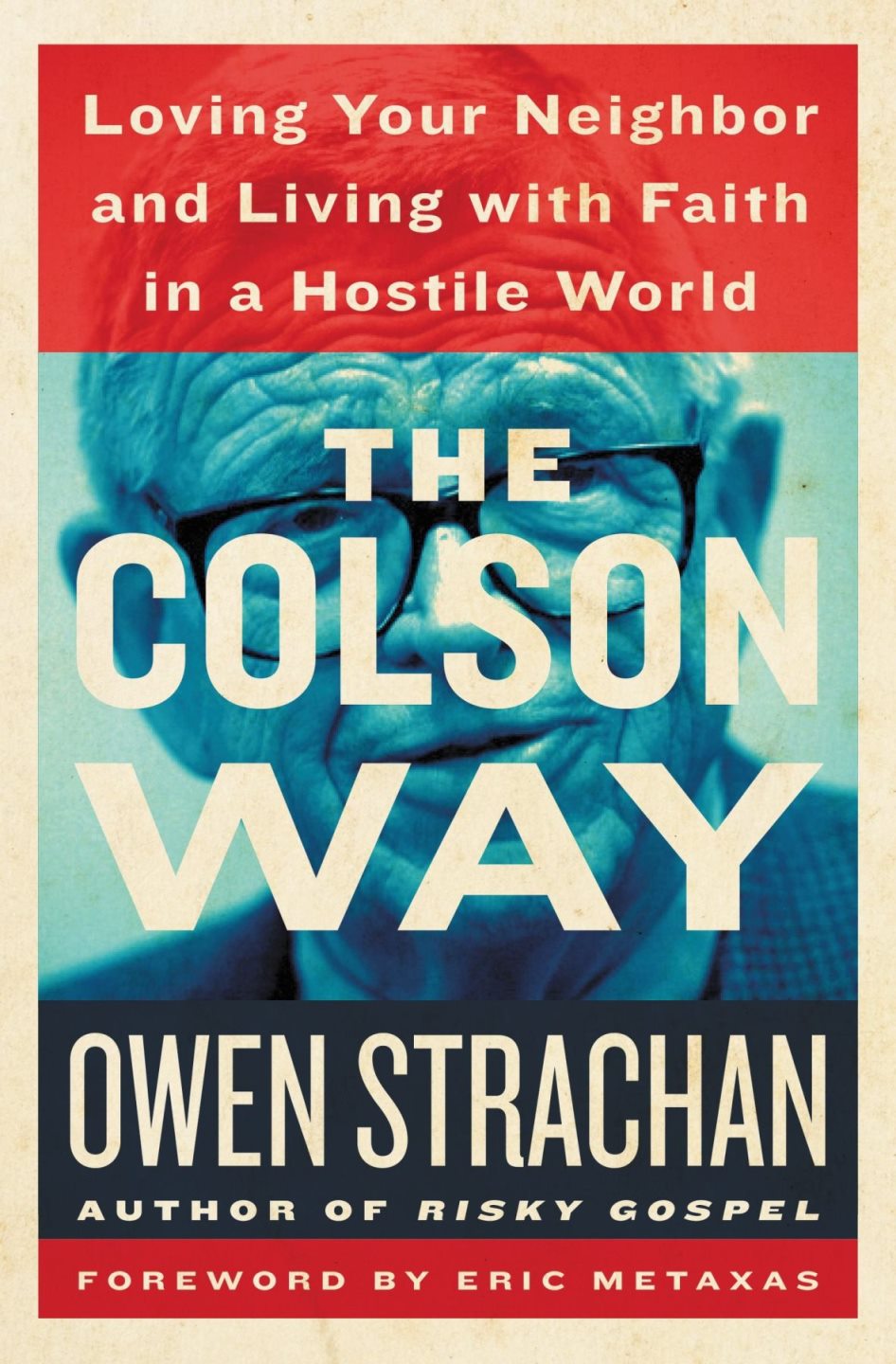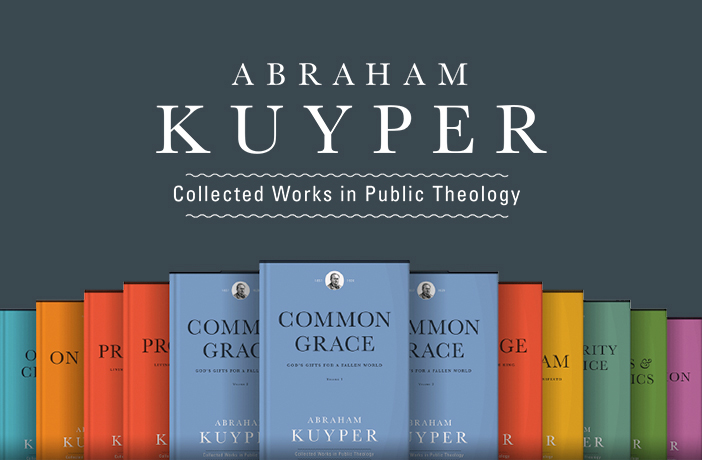
Given the recent release of Abraham Kuyper’s 12-volume collection of works in public theology, it’s worth noting his influence on modern-day shapers of Christian thought and action.
From Francis Schaeffer to Cornelius Van Til to Alvin Plantinga, Kuyper’s works have expanded the cultural imaginations of many. Another devotee was the late Chuck Colson, author, founder of Prison Fellowship and BreakPoint, and past recipient of Acton’s Faith and Freedom Award.
In The Colson Way, Owen Strachan’s new book on Colson’s model and enduring influence, we learn how Kuyper’s works had a profound impact on Colson’s perspective (joined by the likes of Wilberforce, Carl F.H. Henry, and Schaeffer).
In the late 1970s, Michael Cromartie (at that time, on Colson’s staff) introduced him to the “reformed world-and-live view,” reconciling the City of God with the City of Man.
“In this tradition,” Strachan writes, “Colson found the theological orientation he craved”:
Like Colson, Kuyper relished work in two worlds—politics and ministry. Kuyper started out in ministry and moved into politics (Colson did the reverse). Kuyper believed that Christ claimed all of life. His famous dictum, “There is not one square inch of the cosmos over which Christ does not cry, ‘Mine!’” reflected his belief that Christians could serve the Lord in any vocation, whether country preacher, attentive mother, or newspaper columnist…
Divine sovereignty was not a hindrance to human agency in Kuyper’s mind. It was a spark, a blast of nitro that could fuel many daring initiatives that other Christians—less conscious of the freeing greatness of God—would not feel free to attempt. The effort might fail, or it might succeed in unprecedented fashion. Either way, the believer was called to dream big and then get to work.
Kuyper offered Colson the ultimate incentive to action, for here was a man who didn’t simply publish a grand strategy but lived it. He was—like Colson—as good in the backrooms where decisions were made as he was out front, promoting the strategy to thousands of startled onlookers. In Kuyper’s vision of unimpeded cultural influence and his tireless work to invest in his country, Colson found inspiration for his own work. A believer could not only preach the gospel but also reform a society. This was the fuel Colson was looking for.
Colson’s legacy of whole-life discipleship lives on, thanks in part to the influence of Kuyper.

For more on Kuyper’s public theology, see the newly released collection.
For more on how Kuyper’s works influenced Chuck Colson, see the following interview with the Acton Institute:
